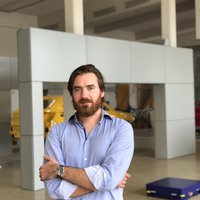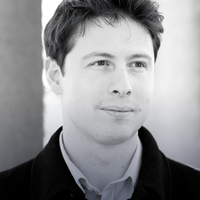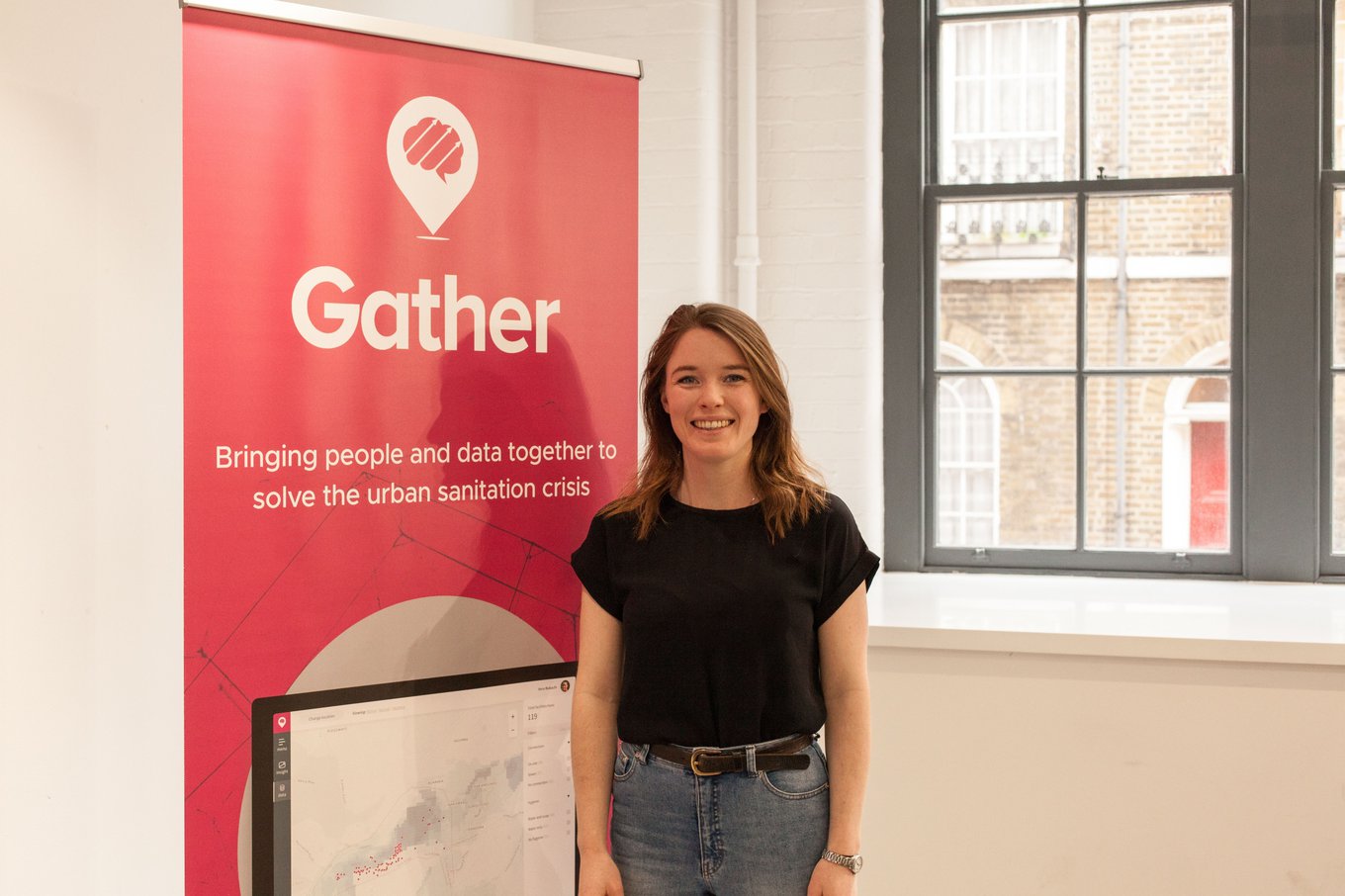Basic sanitation services are still inaccessible for 2.4 billion people around the world, according to the World Health Organization and UNICEF. Not having some basic hygiene services has an impact on people’s lives in very different and significant ways. In Kenya and Zambia, a school without toilets means that girls are forced not to attend class when they have their period, which directly impacts their learning and their empowerment in society. The situation is so serious that ensuring access to safe drinking water and something as basic as a toilet or sink is one of the United Nations’ Sustainable Development Goals.
In order to curb this situation, Lindsey Noakes co-founded
Gather alongside John Peter Archer, an initiative for which Noakes has become one of the winners of
Innovators Under 35 Europe 2018 from
MIT Technology Review. The project trains local young people to collect data on their cities’ sanitation services. In December 2017, the initiative
managed to collect data on access to toilets from 60,000 people in Nairobi (Kenya), and in March of this year,
on the access of 80,000 people in Mathare, a village in the same city.
After compiling the data, Gather analysts check the information and standardize it through a platform that allows them to
interpret the data and give them value in a simple and effective way. With this tool, Gather can present the information to investors in the sector so that they can see what the needs of each city are; interactive maps, photographs and an index with the priorities for ensuring that universal access to sanitation is closer to becoming a reality.
Noakes brings together her personal and professional goals, and assures us that "Gather is going to completely transform the sanitation sector". In her opinion, "hygiene overlaps with education, the empowerment of women and employment, and universal access to it is paramount." To begin with, Gather aims to
give access to basic sanitation services to 15 million people in eight emerging cities by 2020. A graduate in geography from the University of Bristol and with a master's in violence, conflict, and development from the University of London (both in the United Kingdom), she is currently a trustee of the United Nations Association in London, which aims to build bridges between society and the UN. Noakes’ and Archer’s work with Gather has also been recognized as an initiative of people under the age of 30 by
Forbes magazine.
“The project [Gather] unites the three most important issues of the moment: community participation (with local training) to resolve a matter as important as the crisis of urban sanitation using new technologies (data collection and analysis of big data)," says Luis Alonso, project coordinator for Andorra Living Lab in the Changing Places group at the MIT Media Lab and member of the jury for Innovators Under 35 Europe 2018. In his opinion, “although this is a project in its early stages, it is very promising”.
By Olga Rodríguez
Translation: Lisa Rushforth




